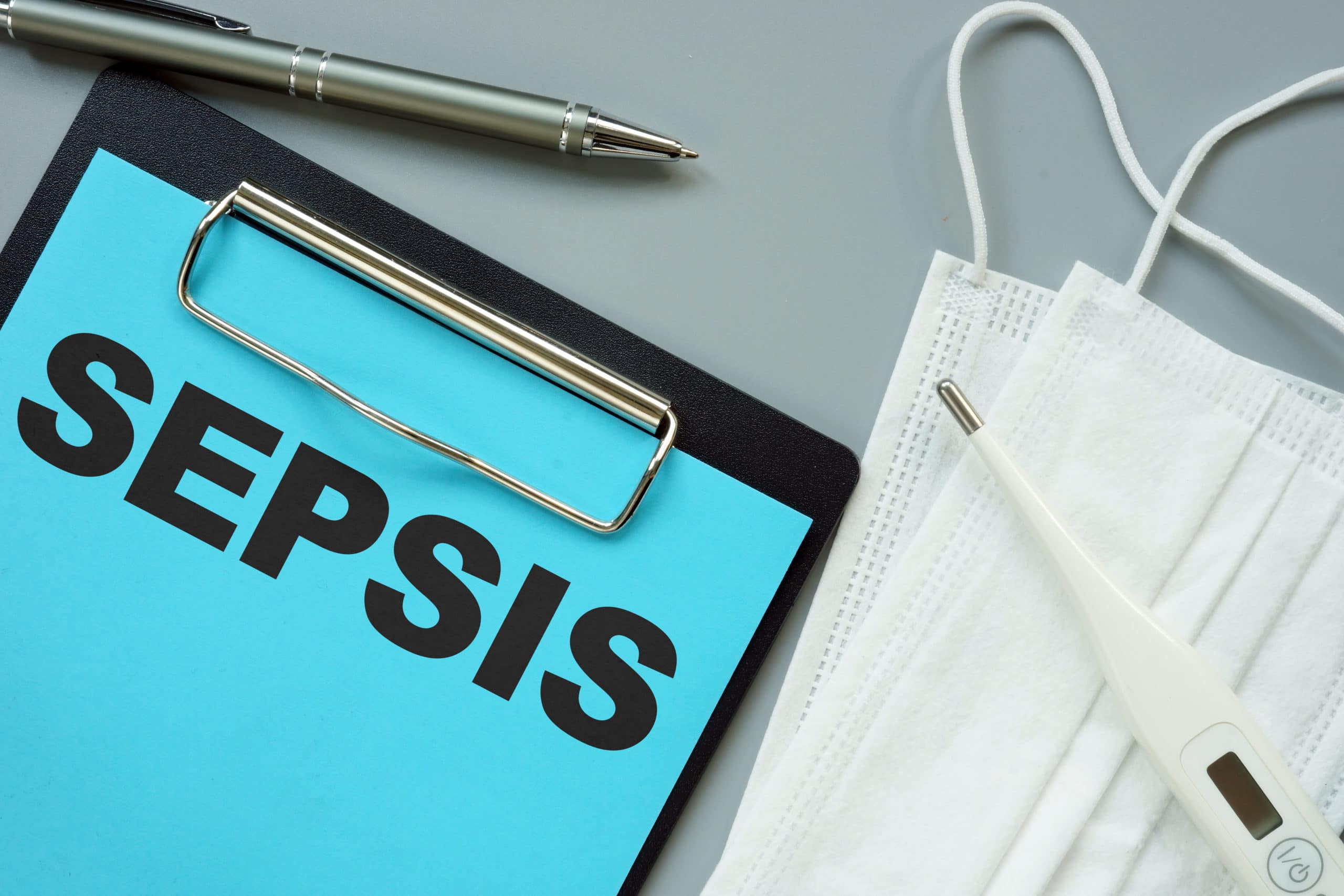
Sepsis a Significant Factor in COVID-19 Deaths
We often refer to COVID-19 as the novel coronavirus. That’s because this virus – SARS-CoV-2 – is a new type of coronavirus affecting humans. But now, a new report says that there is nothing novel,…
We often refer to COVID-19 as the novel coronavirus. That’s because this virus – SARS-CoV-2 – is a new type of coronavirus affecting humans. But now, a new report says that there is nothing novel, or new, about what is killing a lot of COVID-19 patients – Sepsis.
Sepsis is a condition that is often misunderstood and improperly diagnosed. At MedMalFirm.com, we continue to follow the link between COVID-19 and sepsis, including what is being done to protect patients.
The COVID-19 pandemic continues to highlight a need for better ways of preventing and managing infections and sepsis in hospitals.
How COVID-19 Leads to Sepsis
COVID-19 is a virus that causes a wide range of symptoms. Some people experience nothing more than symptoms of a common cold. Others, however, experience critical illness and infections like pneumonia. When someone develops an infection, the body tries to fight it off. If the body’s response is too aggressive, the body can attack its own tissue. This is called a cytokine storm.
A cytokine storm is one manifestation of sepsis. Tissue that has been attacked can start to die, which often leads to removal of said tissue, or complete amputation of the affected area. Even if healthcare providers are successful in removing the dead tissue, the patient often suffers from a compromised immune system.
Additionally, around 60 percent of people who survive sepsis experience compromised mental and physical functioning than before. Sometimes this is temporary, and other times it causes a permanent change in lifestyle. For patients with COVID-19-related sepsis, the prognosis is grim. A recent analysis of Medicare beneficiaries shows that older survivors of COVID-19-related sepsis have a 60 percent chance of dying from various causes within three years.
Sepsis Incidence in COVID-19 Patients
The Global Sepsis Alliance (GSA) strongly believes that sepsis and septic shock are a significant factor in COVID-19-related illness and deaths. The GSA definition of sepsis is,
“A life-threatening organ dysfunction caused by a dysregulated host response to infection.”
While more information is needed, current research shows that many people with COVID-19 experience organ dysfunction that is consistent with sepsis. For example, a study of patients with severe COVID-19 infections in the Seattle area showed:
- 30 percent of patients had liver injury
- 75 percent of patients had a depressed immune response
- 20 percent of patients had kidney failure
- 70 percent of patients in ICU had septic shock requiring drug support for the heart and circulatory systems
Another study of COVID-19 patients in China shows that around 28 percent of patients had significant heart damage.
What does all this mean? According to the GSA, it means that,
“The best COVID-19 care includes good sepsis care.”
An Epidemic in Plain Sight
Long before there was a COVID-19 pandemic, the U.S. healthcare system has battled sepsis. In fact, it is sometimes considered an epidemic of its own. In 2018, sepsis was listed as the third leading cause of death among hospital patients in the U.S.
Each year, more than 1.7 million people in the U.S. develop sepsis. Around 270,000 of those people die as a result. On a global scale, the numbers are much worse. Some estimates suggest that sepsis kills more than six million people each year.

Sepsis Registry Could Save Lives
There is currently no infrastructure designed to analyze data on sepsis, including who gets it, what treatment options work and the best ways to support survivors. This is alarming, and the COVID-19 pandemic is highlighting the fact that our healthcare system cannot manage what is not measured.
To fight sepsis and breakdown this epidemic, our healthcare system needs a national registry. We need to be tracking sepsis regardless of what type of infection leads to it – including COVID-19. A national registry would help track and analyze data that we do have, such as medical records and state reports.
To be effective, the registry would need data from clinicians, including tracking, diagnosis and treatment information. It would also require tracking information about the recovery process. The latter could be more challenging since survivors often experience months or years of recovery.
By learning all we can about sepsis, our healthcare system can better understand how to prevent it, how to treat it and how to support families. Altogether, this means that our healthcare system could save lives on a significant scale.
